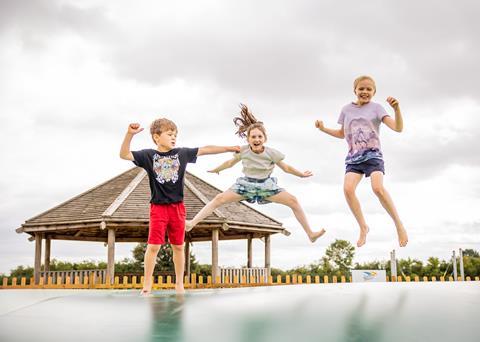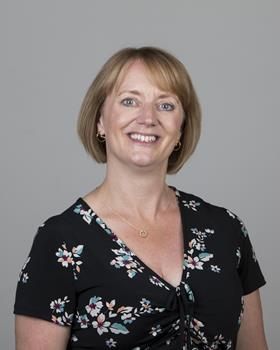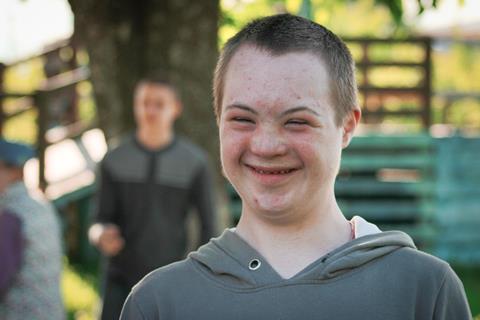Rohan Culverhouse, teacher at Booker Park School in Buckinghamshire, explains the considerations and planning that must go in to organising a school trip for children with a range of complex needs.

Before taking my class to Thomley Hall in Oxfordshire, I took part in a fantastic familiarisation trip at the attraction. It’s a magical place where people of all abilities can spend time developing life skills, trying new activities and enhancing their wellbeing in a safe and positive environment.
This, unfortunately, is the easy part of the increasingly daunting challenge of organising a school trip in a special educational needs school. It’s a difficult task with the burden of paperwork, preparation of the children, planning with other staff and making sure the parents are on board.
“Most of all, to see them smiling together, playing with friends and making memories which may last a lifetime is proof enough that it was a great way to spend the day, and worth every ounce of effort.”
Having returned from Thomley on a high, full of enthusiasm and expectation for the exciting experiences in store for my class, I knew it would be a great choice. After spending a good amount of time with my class now, I know enough about each of the pupils to ascertain their needs and personal interests, although I’ll still need to check the class health care plans (EHCPs) to make sure all their medical and physical limitations are catered for.

For some of them, especially those with an autism diagnosis, a change of routine can be extremely upsetting. What can trigger excitement and elation in some children can conversely cause anxiety or even aggression in others.
Some children will require extra input beforehand such as photos of the venue, social stories, or a now and next board where pictures of the events of the day can be stuck with Velcro to a board. This really helps children to feel more in control of their environment.
Making trips accessible

Alex Grady from the National Association for Special Needs and Disabilities shares four access considerations which can help enhance an educational trip:
1. Physical access: not only for those with a physical disability, but also for those with conditions that impact on physicality.
2. Sensory access: find out about noise levels, lighting, tactile experiences (an expectation to touch things) and olfactory experiences (strong/unusual smells) in advance of the visit.
3. Social access: for some, the new experiences, lack of routine and possible unpredictability can present a great challenge. Minimising these is helpful - clear itinerary talked through (or shown) in advance, ideally with photographs, would be ideal.
4. Communication access: will there be a lot of listening? This could be difficult for some so is there a way auditory communication can be enhanced/supported? If there will be an expectation to interact, prepare pupils for this.
Above all, consider each pupil as an individual and see the experience through their eyes and it will be as enjoyable and educational for them as possible.
Read more from Alex about the added benefits of school visits for learners with SEND.
Some children with SEND use a variety of communication methods which need to be accounted for in advance, whether it be verbal, signs and symbols, or signing (e.g. Makaton). I need to check with the venue in advance about what they can provide. I know my staff will make up the difference and bring their own resources in accordance with the children’s health care plans.
Travel is rarely straightforward when considering the needs of SEND children. Those with mobility issues will need certain types of adaptations and safety features. Luckily for us, our school buses are fitted with a range of special features but catering for larger numbers would mean checks in advance with transport providers.

Familiarisation trips are essential to know whether there are any long walks, steps or physical barriers which may present an issue to some children. Managing medical issues beforehand and making sure children with regular meds, along with emergency medical issues, need to be carefully assessed.
Luckily for me, my staff are well trained in administration of medicine and their training is an ongoing part of school life. From EpiPens for allergic reactions to first aid, most special schools are very familiar with this process.
“Some children with SEND use a variety of communication methods which need to be accounted for in advance.”
For children with special educational needs, the senses are very important. In the days leading up to the visit, my team and I will discuss what multi-sensory input is needed for the children. We all have senses we like to use and SEND children are no different. The more variety of sensory stimulation on offer, the more they will get from the day.
There is no denying it, this all seems like a lot of work - and it is! However, I see school trips for SEND children as vital. They are an opportunity to see the children in a different setting, a new perspective through which you can see their strengths and talents.
It is often these moments where a child will surprise me with skills I have never witnessed before, or show a new side to their character in casual conversation. Most of all, to see them smiling together, playing with friends and making memories which may last a lifetime is proof enough that it was a great way to spend the day, and worth every ounce of effort.











No comments yet